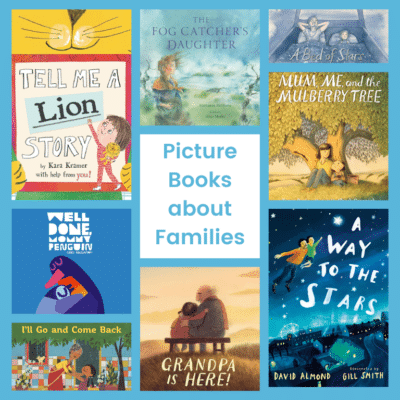When your child is the star of the football team, no one blinks an eye when you wear a jersey with his number on it or a photo button with his picture. This is so far from the case when your child is gifted that the only similarity between the two is the word “child.” It’s isolating business, raising gifted kids. Few adults are willing to admit their own giftedness, so why should we marvel that it isn’t safe to acknowledge a child’s giftedness, either?
Inspired by the NAGC’s Gifted Children’s Bill of Rights, I’ve developed a Bill of Rights for Parents of Gifted Children. I wish with everything that is in me that I had the power to grant these to you.
You have a right to
1. patience and understanding on the part of friends, family, and educators with the unique parenting required for raising gifted children
2. not be accused of bragging when you share your child’s achievements because it doesn’t always come easily, even to the gifted
3. get support in the educational setting for your child’s needs, even if the child is passing the state tests
4. have your child’s exceptionalities accurately diagnosed and served
5. educational and mental health professionals who understand and are effectively trained in giftedness
6. not be the only person who is determined to make sure your child has the time & materials to explore his or her gifts fully
7. choose the best educational environment for your child without judgment from others, even if the best environment is home
8. expect your child to be physically, emotionally, and cognitively safe at school and social situations
9. allow your child to not always have to be successful
10. celebrate your child’s gifts without apology, hesitation, or fear
If your gifted child sees this list, he or she will probably want to know about the real Bill of Rights, and they can read them here.
If you would like a printable form of this, you can download it here.
What did I miss?




